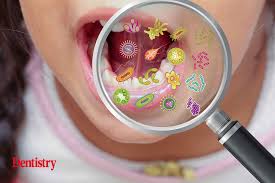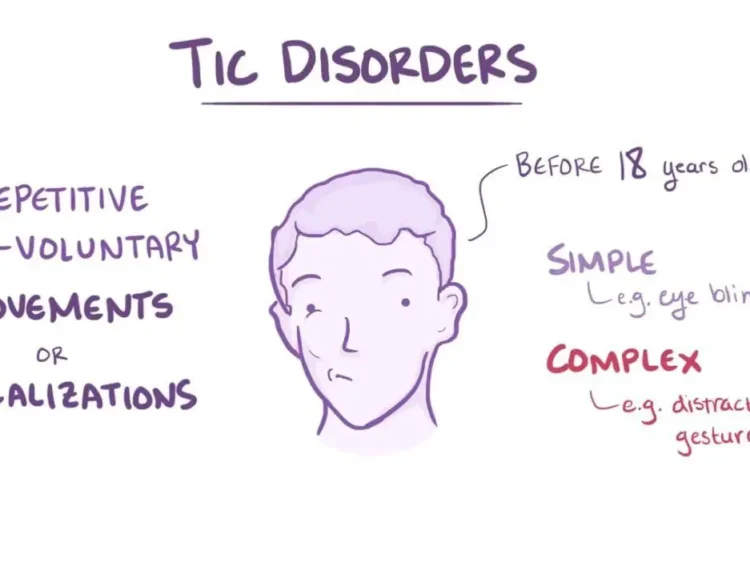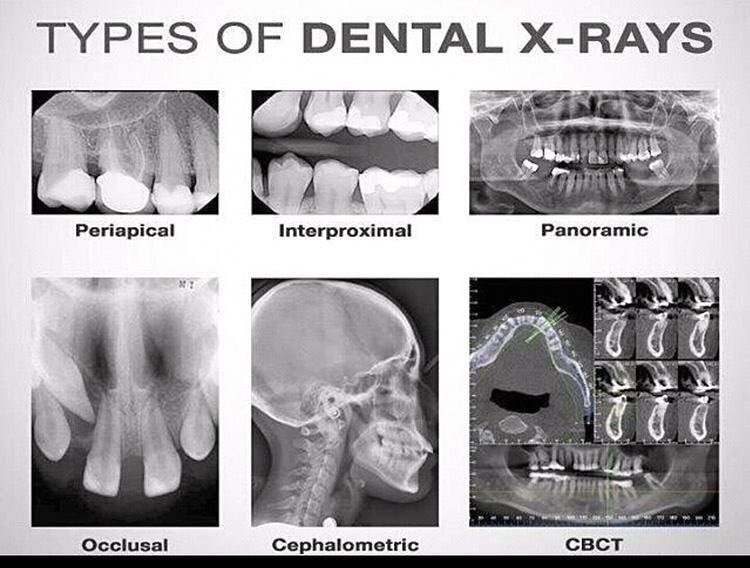The relationship between food and oral health is complex, with numerous factors influencing one another in dynamic ways. Think of your mouth as a tiny world with its own ecosystem! It’s filled with millions of tiny living things called microbes. These microbes form a community called the “oral microbiome.” What you eat greatly affects these microbes, and these microbes in turn influence your oral health significantly. It’s a two-way street where many things are interconnected.
Researchers have recently gained a much better understanding of this microbial world thanks to advanced technology. They now realize that these microbes play an important role not just in your mouth but also in your generalized health. They are now investigating how changing your diet can actually change the balance of these microbes in a good way. The goal is to find ways to prevent diseases by simply adjusting what we eat.
Diet as a Determinant of Oral Health
Nutritional Deficiencies and Oral Conditions
A diet deficient in vitamins and minerals, such as calcium, phosphorus, vitamin D, and vitamin C, has serious consequences for oral health. This can lead to weakened teeth and bones, resulting in conditions like gum disease, enamel hypoplasia, and even scurvy.
Sugar Consumption and teeth decay
A diet high in sugars and starches promotes acid production by oral bacteria leading to enamel demineralization of the teeth. This is dental decay and dentists call it as dental caries. It is initially not cavitated and early treatment saves it from cavity formation.
Frequency and Consistency of Foods
Sticky foods adhere to tooth surfaces longer, increasing cavity risk, while frequent snacking raises the duration of acid exposure in the oral cavity.
Protective Dietary Components
Saliva-Stimulating Foods
Crunchy fruits and vegetables (e.g., apples, carrots) promote saliva flow, helping to neutralize acids and wash away food particles.
Probiotic-Rich Foods
Fermented products like yogurt contain probiotics that may help maintain a healthy oral microbiome by suppressing harmful bacteria.
Anti-Cariogenic Foods
Cheese and dairy products are rich in calcium and phosphate, aiding enamel remineralization, while xylitol-containing products may inhibit bacterial growth.
Functional Foods and Oral Health
Experts are trying hard to develop Functional foods for you. These food provide health benefits beyond their basic nutritional value. In the context of oral health, they also play a role in preventing dental caries (cavities). Functional foods contain fluoride, bioactive peptides, or antioxidants.








